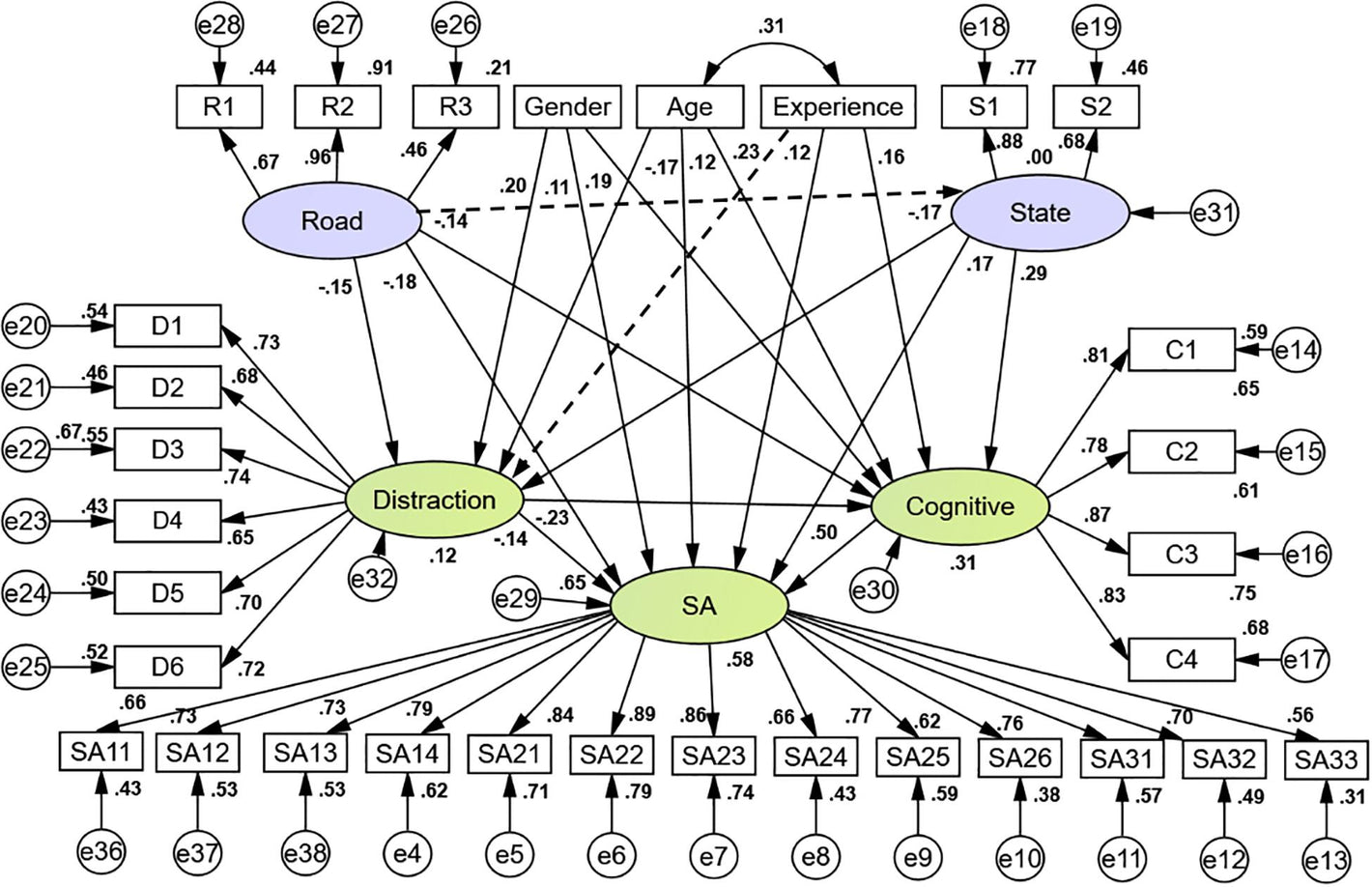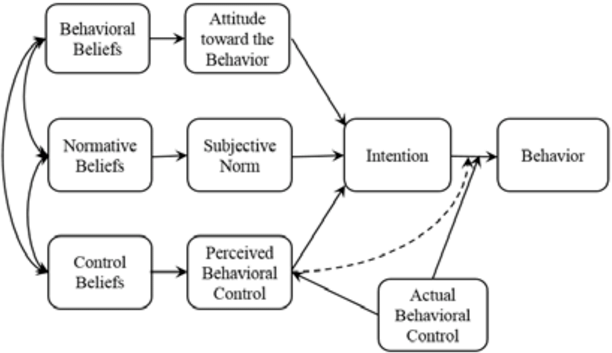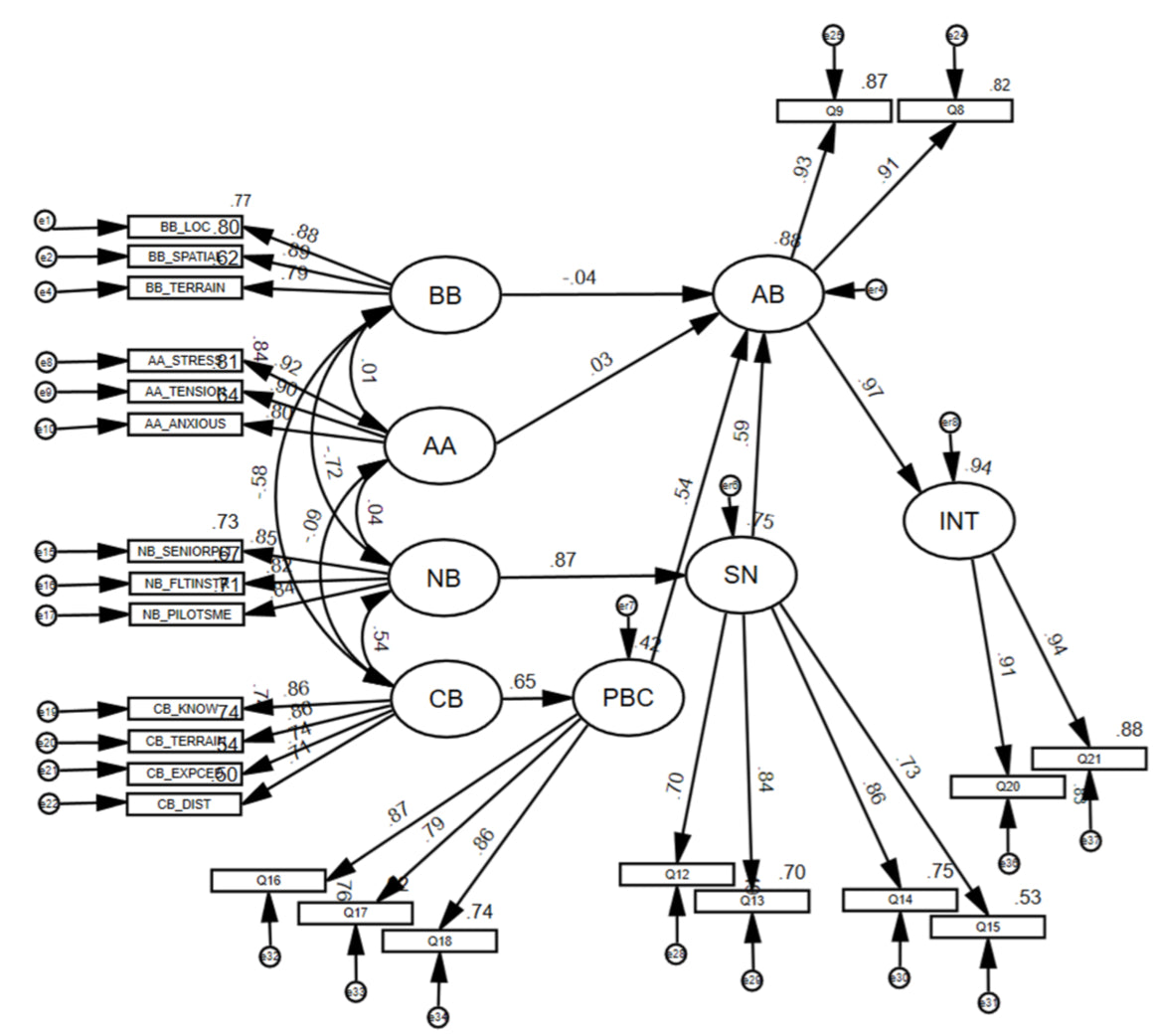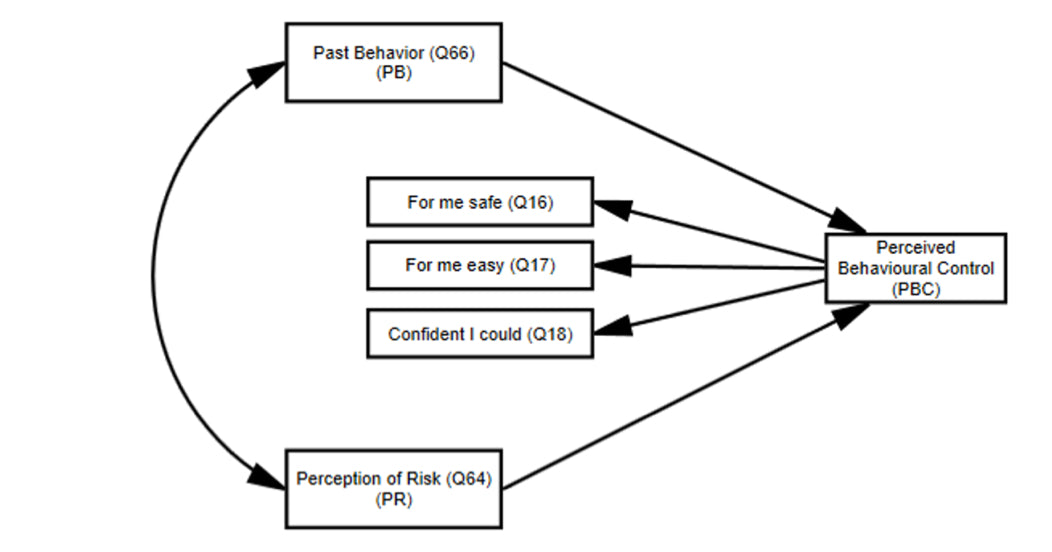Safety Science & Resilience Engineering
At Strategic Air, we offer integrated Safety Science and Resilience Engineering services to help organisations shift from reactive safety management to proactive, adaptive performance. In a dynamic industries where complexity and uncertainty are the norm, traditional compliance-driven models are no longer enough.
Our approach embraces modern safety thinking—recognising that successful operations depend on understanding how work is really done, how systems adapt, and how people contribute to both safety and performance every day

Research & Analysis
Strategic Air can undertake comprehensive research to gather data. Our experts can then use complex statistical models like path analysis and structural equation modelling in order to arive at evidence based analysis.

Understanding Human Behaviour
To understand why people made assessments or decisions that they did - we need to understand why things made sense to them at the time.

Behavioural Intervention
Strategic Air can apply psychological models like the Theory of Planned Behaviour in order to identify the beliefs that actually drive particular human behaviours.

Applying the Theory of Planned Behaviour
The TPB is used to predict and explain human behaviour in many different situations and settings. For example, it can be used to understand and encourage changes in behaviours in domain such as health, road, rail and aviation.

From Human Error to Real-World Complexity Science
Human Error is often cited at the cause of an accident or an incident. But Human Error is simply a symptom of trouble much deeper inside a complex system. The real-world is complex system. Let us understand what is really going on well below the surface.

Measuring & Changing Culture in the Workplace
To change workplace culture we must first measure what the culture is, and understand what is driving 'what people do when nobody is looking'. Strategic Air can use psycho-social tools to measure culture, its drivers and develop strategies of change.

Behaviour Modelling to Drive More Effective Safety Campaigns
Not only can we uncover the psychological drivers of a particular behaviour, but using complex mathematical tools, we can determine the drivers which have the greatest influence on the behaviour. It is the psychological beliefs with the greatest influence that we need to target if we want effective interventions.

Risk Perception Models to Understand Risky Behaviour Thinking.
How people perceive risk has an effect on their safety related behaviour. Strategic Air can apply psycholoigcal models and complex analysis to understanding people's perception of risk. Once we understand it, we can then intervene in an effective an inteligent way.



